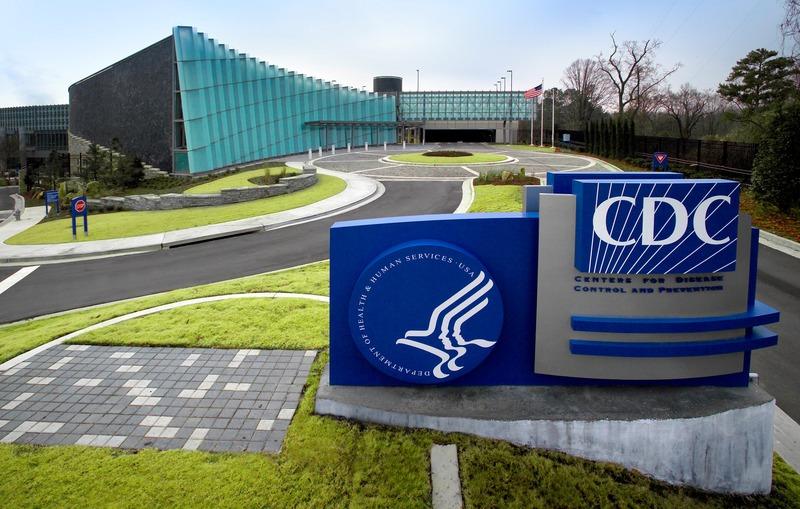The US Centers for Disease Control and Prevention (CDC) today issued its initial risk assessment of the BA.2.86 SARS-CoV-2 lineage, which says tests and treatments will likely be effective and that updated vaccines will still be able to reduce severe disease and hospitalizations.
The risk assessment comes on the heels of detections in three more countries—South Africa, Switzerland, and Thailand—and as scientists examine a US wastewater sample identified as BA.2.86 in preliminary testing.
The United States has already reported two detections over the past few days, one from Michigan and the other in a traveler from Japan, with that sample found as part of the CDC's traveler-based genomic surveillance.
Big question is immune escape properties
The CDC said the detection of BA.2.86 in multiple world regions is evidence of international transmission, but the virus probably isn't driving the recent rise in US COVID hospitalizations. The agency added that it's too soon to know if the virus causes more severe disease.
Last week the World Health Organization (WHO) added BA.2.86 to its list of variants under monitoring owing to its many mutations and detections across multiple world regions. The CDC said today that the number of genetic changes is roughly of the same magnitude as seen between the original Omicron variant and earlier variants such as Delta.
CDC officials said the international transmission is notable, given that scientists haven't seen much spread with most other highly divergent lineages, which can arise in immunocompromised people who experience prolonged infections.
This is an area of ongoing scientific investigation.
One concern is whether the new virus can escape existing immunity from earlier infection or vaccination, given its large number of mutations. The CDC said so far there aren't enough virus samples for lab testing of antibodies, so it's too soon to know the real-world impacts, though most people will probably have some protection against severe disease. "This is an area of ongoing scientific investigation," the agency said.
The mutation profile suggests that treatments such as Paxlovid will be effective against the variant and that there will be little impact on the accuracy of molecular and antigen-based tests.
The CDC said the new vaccines will be available as early as the middle of September at pharmacies and doctor's offices. And though it's not clear how well the new variant transmits, it spreads in the same way as other variants, meaning measures such as staying home when sick, wearing a high-quality mask, and improving ventilation will be useful for preventing the spread of the virus.
South Africa, Switzerland, Thailand report detections
In related developments, two BA.2.86 sequences were reported yesterday from South Africa. And a scientist from Switzerland said the virus has been detected in wastewater samples collected on August 5 and August 5 from the city of Laupen in Bern canton.
Today on Twitter a scientist from Thailand reported the virus, which was detected in a wastewater sample.
The detections in South Africa, Switzerland, and Thailand bring the number of countries reporting the virus to seven. Denmark, Israel, and the United Kingdom have also confirmed the new variant.
Novavax weighs in on other emerging variants
As the United States and other countries track the heavily mutated BA.2.86 variant, newer Omicron variants such as EG.5 and FL.1.5.1 are rising in proportion alongside slowly rising COVID indicators, including in the United States.
Novavax announced yesterday that testing suggests that its updated protein-based adjuvanted vaccine against XBB induces neutralizing antibodies against EG.5.1 and XBB.1.16.6. The testing was done in small animals and non-human primates. Earlier nonclinical lab work suggested similar findings of a broad response against emerging variants.
The company said it is in the process of submitting licensing applications to regulatory bodies.
Rise of cases in New York City
Meanwhile, on Twitter today, New York City's health department said COVID-19 cases have been on the rise.
It urged people to consider wearing masks in crowded indoor settings, especially people who have risk factors or who are contacts of those who have underlying health conditions.



















